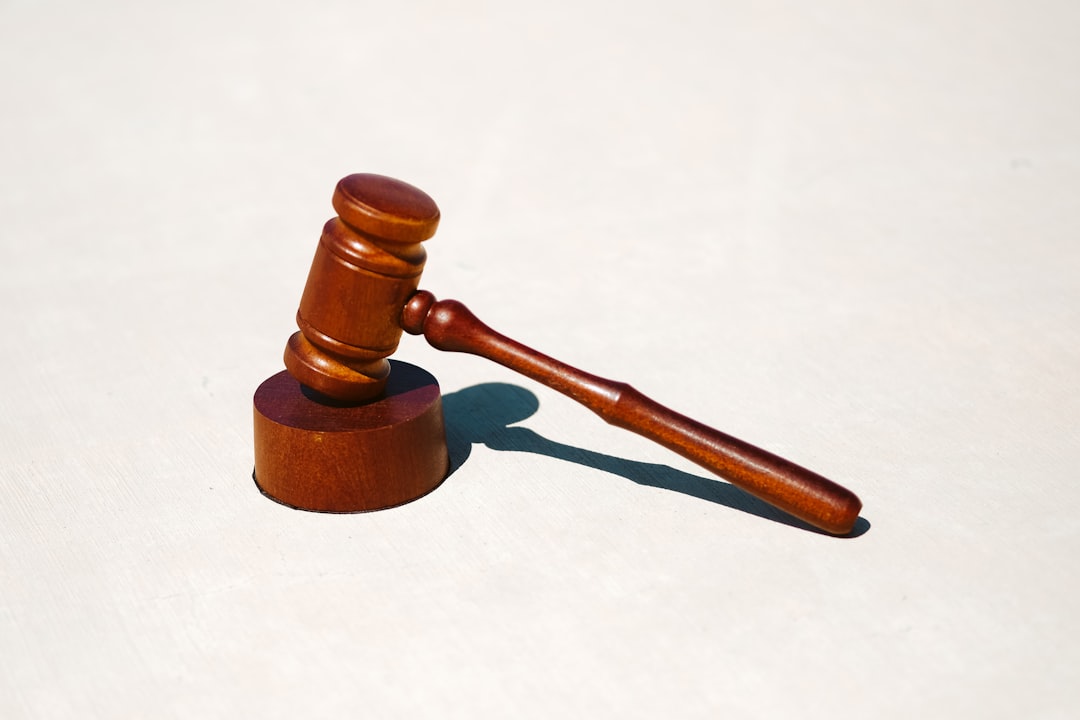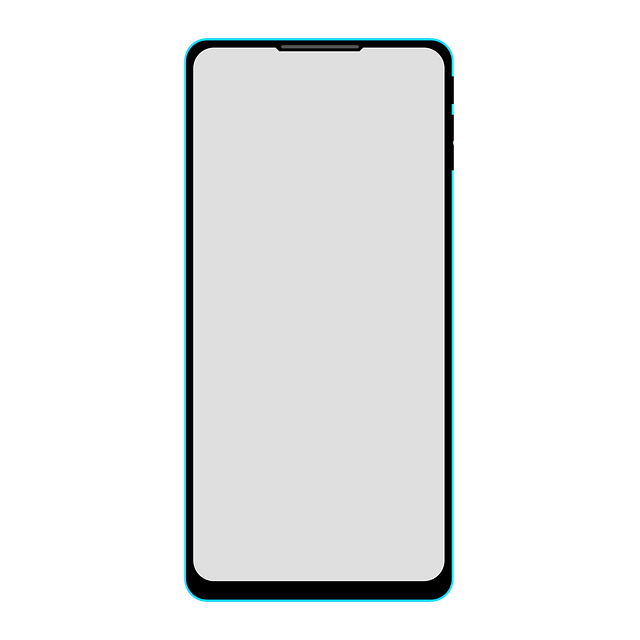The Spam Call Law in South Carolina protects residents from unwanted automated calls by regulating Automated Dialing Systems (ADS) with strict consent requirements. Businesses, including spam call law firm South Carolina, must obtain prior express written consent for marketing calls and face substantial fines for non-compliance. Consumers have the right to request a "Do Not Call" list and opt out of communications, fostering balance between business interests and privacy rights.
In the digital age, automated dialing systems have become a double-edged sword, offering efficient marketing solutions while also raising privacy concerns. This article delves into the intricate legal framework surrounding these systems in South Carolina, specifically addressing the state’s stringent spam call law firm regulations. We explore the South Carolina Spam Call Law, its definitional boundaries and key restrictions, and the enforcement powers of the Attorney General’s Office. Furthermore, we provide practical best practices for law firms to ensure ethical marketing and compliance, thereby safeguarding client relationships and avoiding penalties.
The South Carolina Spam Call Law: A Comprehensive Overview

In South Carolina, the fight against nuisance calls and messages is regulated by the state’s Spam Call Law. This legislation, designed to protect consumers from unwanted contact, sets forth clear guidelines for businesses and individuals using automated dialing systems (ADS). The law defines spam as any prerecorded or artificial message delivered via phone, text, or fax, with specific restrictions on when and how such communications can be made.
The South Carolina Spam Call Law firm ensures that businesses must obtain prior express written consent from recipients before sending automated calls for marketing purposes. This includes calls promoting goods, services, or initiatives. Non-compliance can result in substantial fines. The law also provides consumers with the right to request and receive a “Do Not Call” list and to opt out of future communications from specific senders. This comprehensive approach aims to strike a balance between business interests and consumer privacy rights.
– Definition and scope of the law

In South Carolina, the legal framework surrounding automated dialing systems, commonly known as robocallers, is designed to protect residents from unsolicited and nuisance calls, particularly those deemed spam by the recipient. The state’s spam call law prohibits businesses and individuals from using automatic telephone dialing systems (ATDS) to make phone calls without prior express consent. This includes pre-recorded or artificial voice messages delivered to landlines or mobile phones. The law aims to safeguard consumers’ privacy and peace of mind, ensuring that automated calls are made only with the explicit permission of the caller.
The scope of this legislation covers a wide range of automated dialing activities. It not only restricts commercial robocalls but also applies to political campaigns, charities, and other organizations utilizing ATDS technology. Furthermore, South Carolina’s spam call law firm regulations provide guidelines on what constitutes consent, how to obtain it, and the consequences for non-compliance, ensuring a clear legal path for both consumers and businesses navigating this digital age communication challenge.
– Key provisions and restrictions on automated dialing systems

In South Carolina, the legal framework governing Automated Dialing Systems (ADS) is primarily structured around the state’s spam call law, which aims to protect residents from unsolicited and unwanted phone calls. The key provisions restrict the use of automated dialing devices, often employed by telemarketing firms, without prior express consent. This means businesses must obtain explicit permission from individuals before initiating automated calls, ensuring compliance with South Carolina’s strict privacy regulations.
The state law also mandates that call centers provide a clear and simple opt-out mechanism during each call, allowing recipients to easily request cessation of future calls. Failure to adhere to these restrictions can result in substantial fines for offending spam call law firms. These measures reflect the state’s commitment to maintaining a peaceful and undisturbed environment for its citizens, balancing the needs of businesses with the right to privacy.






